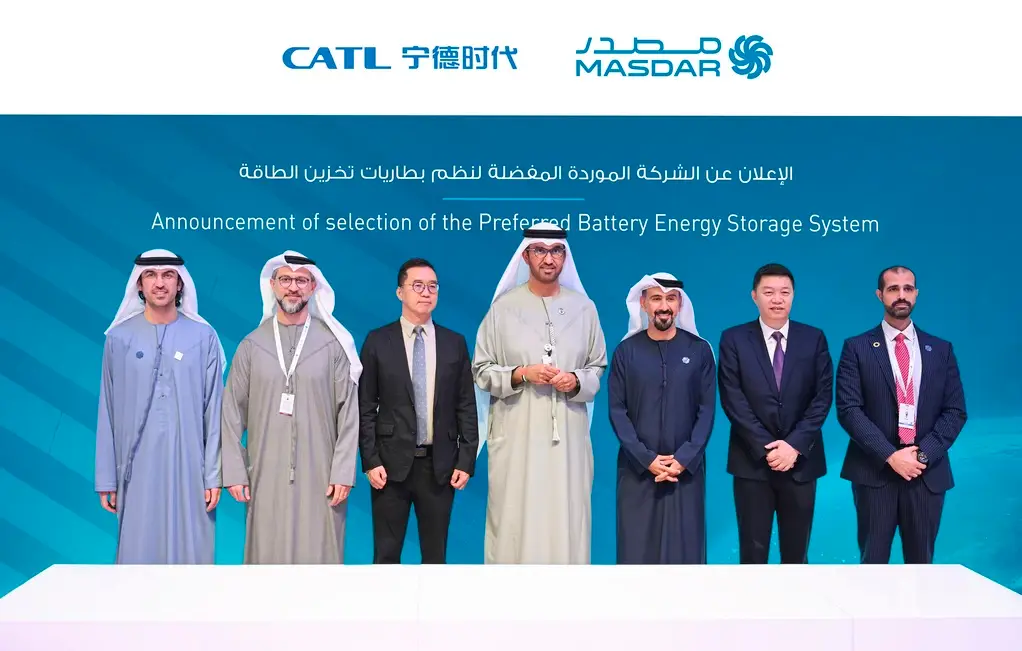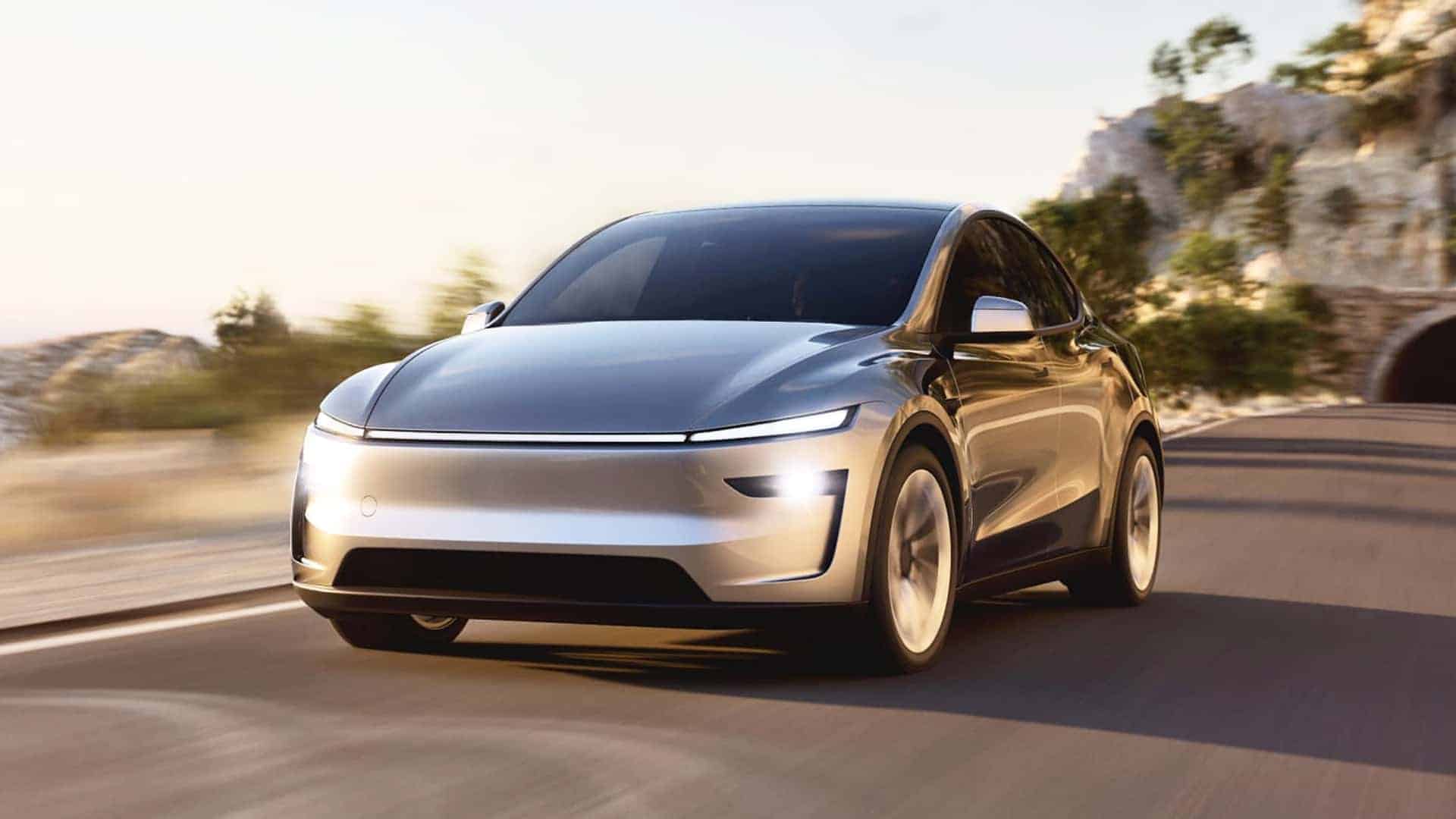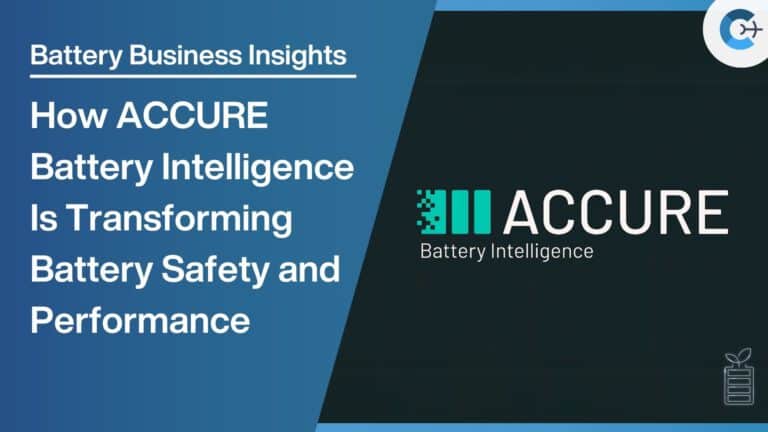Contemporary Amperex Technology Co. Limited (CATL) has been selected as the preferred supplier of a 19 GWh Battery Energy Storage System (BESS) for Masdar’s groundbreaking solar-plus-storage project in Abu Dhabi. Masdar, the Emirati state-owned renewable energy company, recently announced its preferred contractors and suppliers for what is set to be the world’s first giga-scale, round-the-clock solar and battery storage installation.
The project comprises 5.2 gigawatts (GW) of solar capacity coupled with 19 GWh of energy storage, making it the largest combined solar and BESS project globally. Designed to deliver up to 1 GW of baseload power continuously throughout the day and night, the initiative aims to set a new global benchmark in clean energy development.
CATL will supply its latest TENER technology for the entire 19 GWh storage component. Unveiled in 2024, the TENER series features a flagship system with a 6.25 MW capacity housed within a 20-foot equivalent unit (TEU) container. CATL has highlighted the TENER system as the world’s first mass-producible energy storage solution with zero degradation in performance during the first five years of operation.
In addition to CATL’s involvement, Jinko Solar and JA Solar have been named as preferred suppliers for photovoltaic modules, each providing 2.6 GW of capacity using their latest TopCon technology. Larsen & Toubro and POWERCHINA have been selected as the preferred engineering, procurement, and construction (EPC) contractors responsible for bringing the project to fruition.
The $6 billion project will span an area of approximately 90 square kilometers in the Abu Dhabi desert. Construction is already underway, with Masdar’s Chief Operating Officer, Abdulaziz Alobaidli, indicating that the project is expected to be fully operational by 2027.
Following the announcement of the supply deal with Masdar, CATL’s shares on the Shenzhen Stock Exchange rose by more than 5% on Monday, reaching 266.73 yuan. This increase marks a recovery for the Chinese battery giant, whose stock had experienced a decline earlier in January after the U.S. administration reportedly linked the company to the Chinese military.
Source: Energy Storage News
















